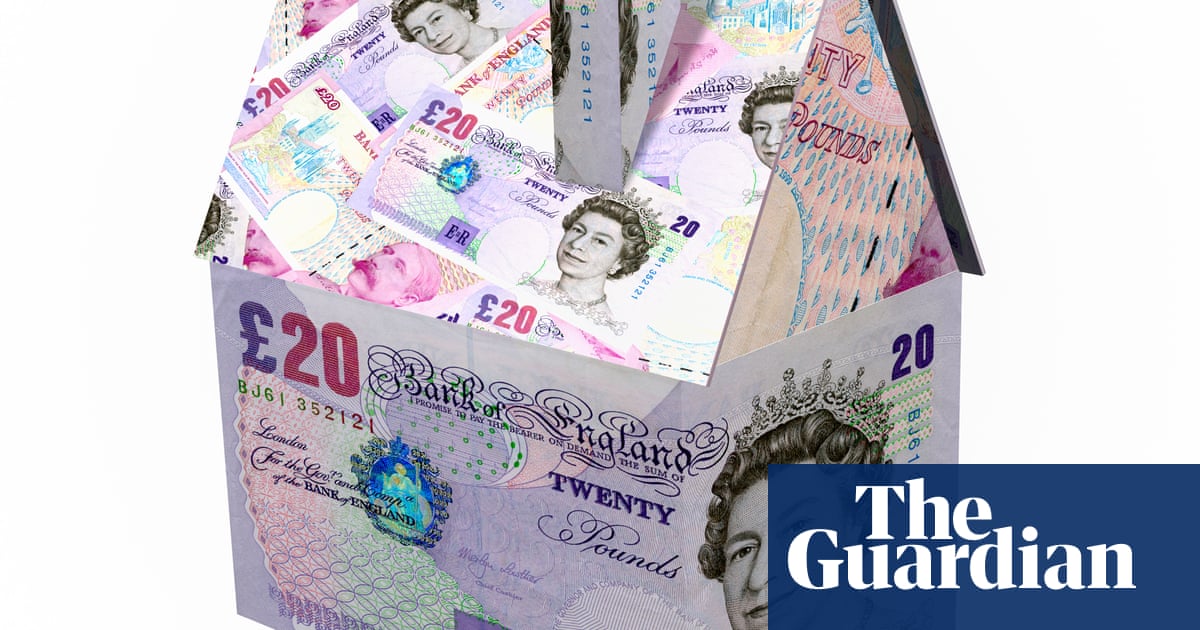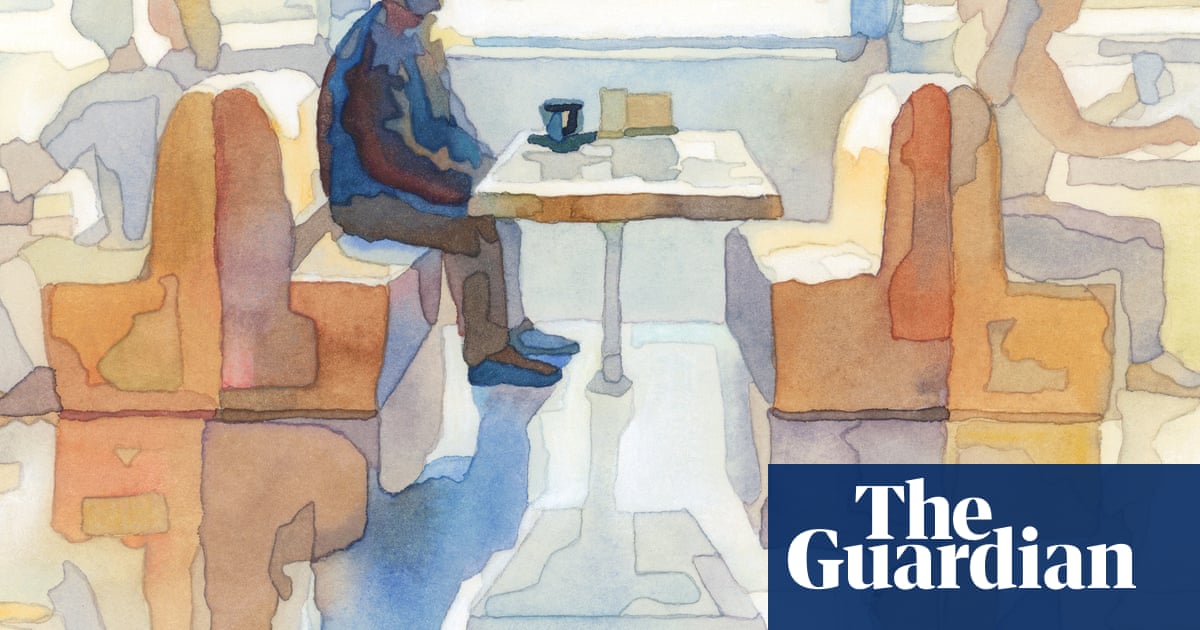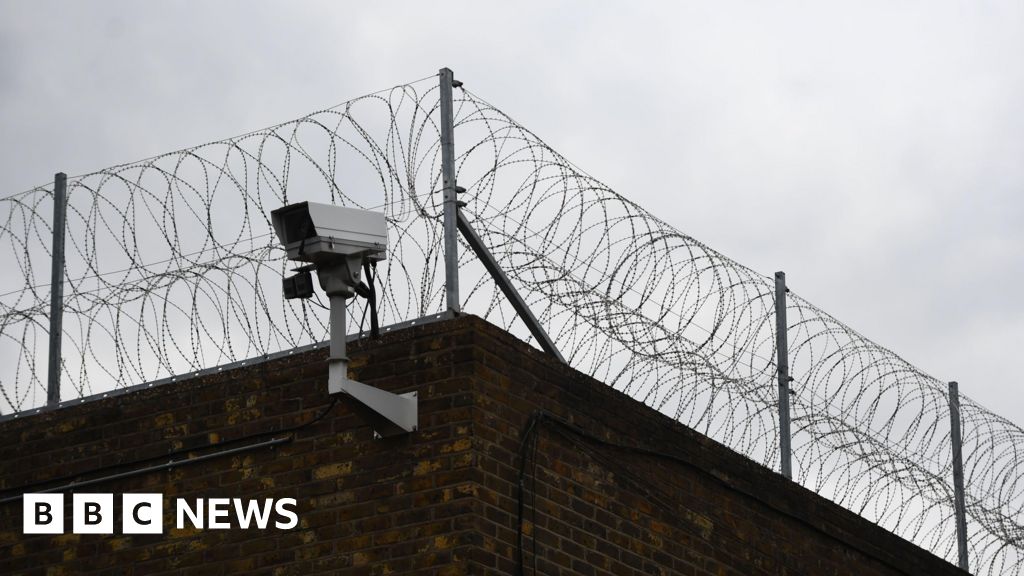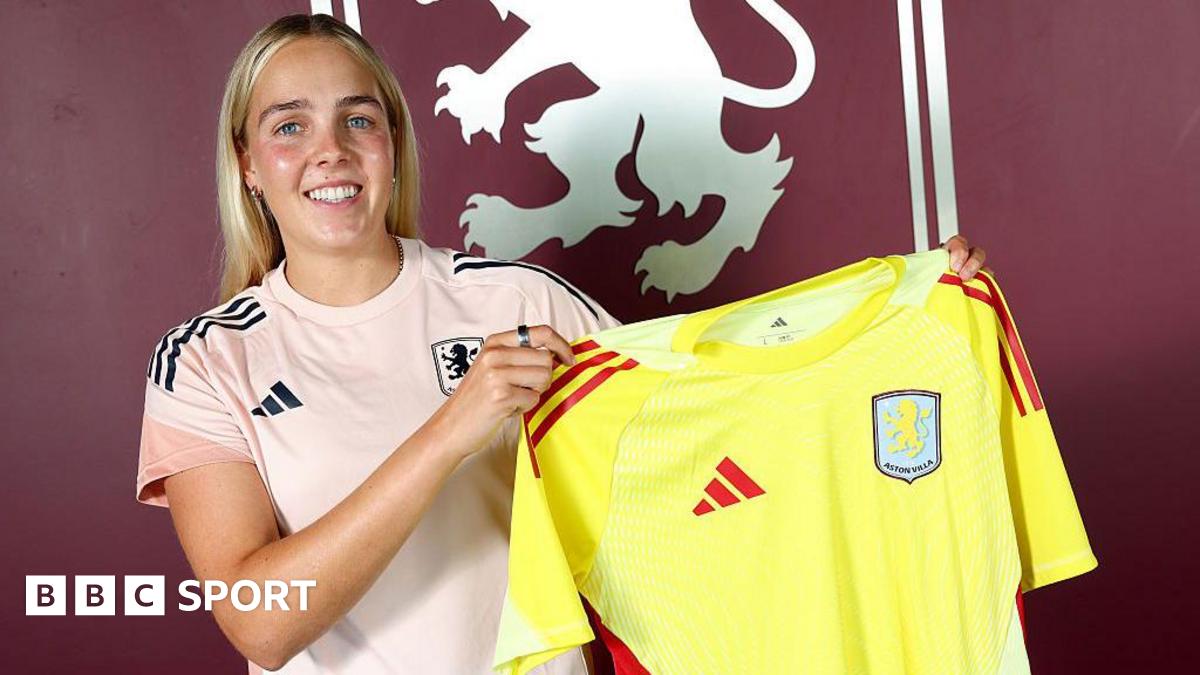When you have a baby, especially if you’re in an antenatal class, or friends or family members have a child of about the same age, there is a feeling that you’re all in it together, at least at first. For me this big, life-transforming event might have felt intensely personal, but the shared connection with other new parents, who were also learning on the job, not to mention the books – Your Baby Week By Week, The Wonder Weeks – can trick you into thinking that the path is a predictable one.
From hourly feeds and wake-ups to sleeping through the night, breast- and bottle-feeding to solids, crawling to walking, maternity leave to nursery to school, the journey may have slightly different scenery, but the impression given is that ultimately it ends up in the same place.
I knew, though, from my own family experience that for some parents the path begins to deviate. For some this happens in pregnancy or at birth. For others it might be in the early weeks or months, and for others still, far later. But there’s always a moment when the parent of an ill or disabled child realises that, suddenly, they are “parenting on another plane”.
That’s what the former Guardian staffer Mina Holland calls it. Her book Lifeblood, about her daughter Vida – who, before she was six months old, was diagnosed with Diamond-Blackfan anaemia syndrome (DBAS), a rare genetic blood disorder for which there is no cure – has just been published. In it Holland tells of her discovery that her baby was seriously unwell and would need regular blood transfusions to stay alive, followed by the conception and birth of a son, Gabriel, who would turn out to be a match for a bone marrow transplant.
In my thinking about parenting, and throughout the writing of this column, I have made every effort to not exclude parents of children who are disabled or unwell, or have health needs; babies and children who aren’t meeting their milestones or who require extra support or, as in Vida’s case, hospital treatment. What I hadn’t done before, though, is interrogate how it feels to have a baby or a child in hospital when every other parent you know continues on the typical trajectory that most people simply regard as “normal”. It is something that everyone would do better to understand. When parenting, we are not all in the same boat after all.
For parents in this situation, it can sometimes be really hard to have open conversations about this with friends and family. On one side there is often a squeamishness or discomfort when it comes to disability and illness. On the other there’s a parent who is working through feelings of grief, anger and, as a friend put it, “the sheer fucking unfairness” of their circumstances.
“I definitely did have moments of bitterness and really resenting other people’s healthy kids,” Holland tells me. “Some friends came over with their babies who were the same age and one of them was in Vida’s bouncer just bouncing up and down, gurgling, just pink and bonny, and I remember feeling furious.” She wants to emphasise that people could be thoughtless, but they weren’t bad or cruel. But being witness to, say, a WhatsApp conversation in which your NCT group is all talking about how traumatic the first set of immunisations has been when your baby has already been subjected to hundreds of needle pricks and other medical interventions? That is going to hurt. And for parents on the other side of the equation, it’s a difficult tension to think that by living your life as usual you might be making someone else’s day worse.
Parents of seriously unwell or disabled children receive daily triggers reminding them of their difference. Parents on a more typical journey of course want to show off their children’s achievements, without realising that those first steps, or the drawing a child has done of their mum, proudly posted, has the potential to make their friend feel as if their heart is breaking. For months, Vida had a Hickman line, which meant she couldn’t swim or go in the bath. You can understand how seeing a picture of another child at the beach might make a mother of a child with a serious disease feel. It’s not about people feeling they can’t share – it’s more about understanding how isolated parents in these circumstances might feel and, while trying not to be tactless and crass, recognising that if you unwittingly make others bristle, that doesn’t mean it will last.
Several years later, Holland says she no longer begrudges the mothers who were distressed by their babies’ immunisations: “Over time, I’ve grown more compassionate about the vulnerability of new mothers under even the smoothest of circumstances.” It was, she says, a time when she was quite difficult to help. Other people’s positivity was annoying, even though hope and positivity was something that she also needed. As Archie Bland put it in his recent essay about his son Max, whose near-death in infancy resulted in cerebral palsy: “The truth is that it was very hard to say the right thing to me last year.”
It’s not surprising that the parents of children who are very unwell often find solace in communities of those going through similar experiences, who understand the nuances. Disconnecting from social media, as Holland did, and focusing on those shared experiences instead helped her on the path to acceptance. If you’re close to the parent of a child with a serious disease or a disability, it can simply be a case of being present. And also of recognising that some of the difficult feelings they are experiencing are totally natural.
Accepting a radically different version of parenthood from the one you expected is a painful process. “No one could catalyse my acceptance of it, but they could simply be there, showing they were thinking of us – which they did,” says Holland. Anger is part of the process, but it doesn’t mean that any parent caring for an ill or disabled child loves them any less. My own mother has always said of my brother’s complex needs, which include autism and epilepsy: “I have never wanted any other child but my own.” Holland says the same – because Vida’s genetic mutation is intrinsic to her: “If she didn’t have it, she wouldn’t be her.”
-
Rhiannon Lucy Cosslett is a Guardian columnist. Her Republic of Parenthood book will be published this summer

 13 hours ago
1
13 hours ago
1










 English (US)
English (US)